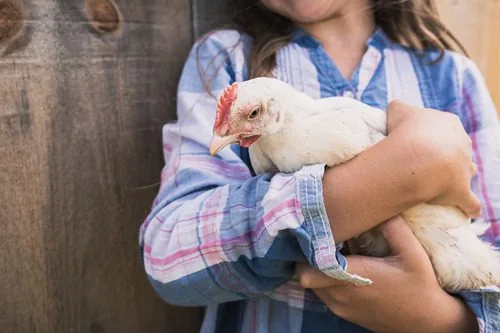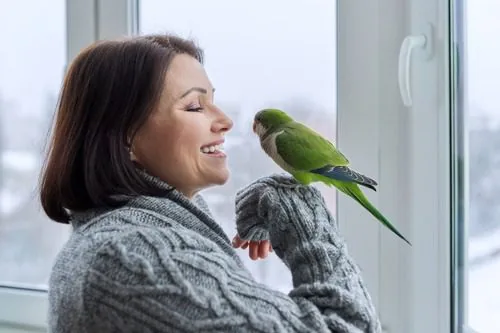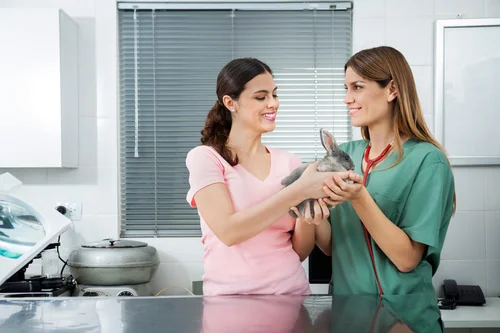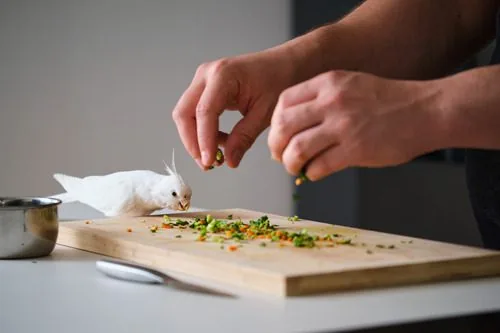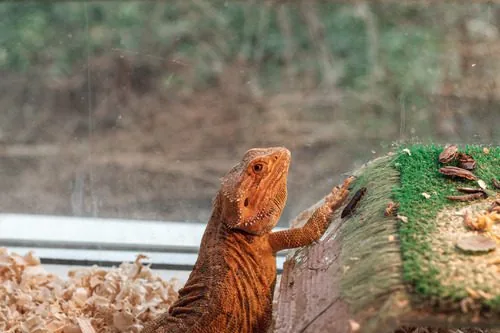Health Care for Pet and Backyard Chickens
Over the last decade, chickens have become more popular as not only a source for home grown eggs, but also as house pets. All chickens belong to the species – Gallus gallus. There are hundreds of chicken breeds across the world, but only 65 breeds recognized by the American Poultry Association. The more commonly kept breeds are : Australorp, Brahma, Leghorn, Orpington, Plymouth rock, Rhode Island, Silkie, Sussex and Wyandotte. Chickens are fun, playful, friendly small pets, given the right environment, they can be very enjoyable both in an outdoor or indoor environment. Like all small pets, chickens require the proper diet, protection from predators, and room to move around. Since chickens do prefer a roost or perch for resting or sleeping, it is recommended to give them a perch that is firm, stable and elevated off the ground.
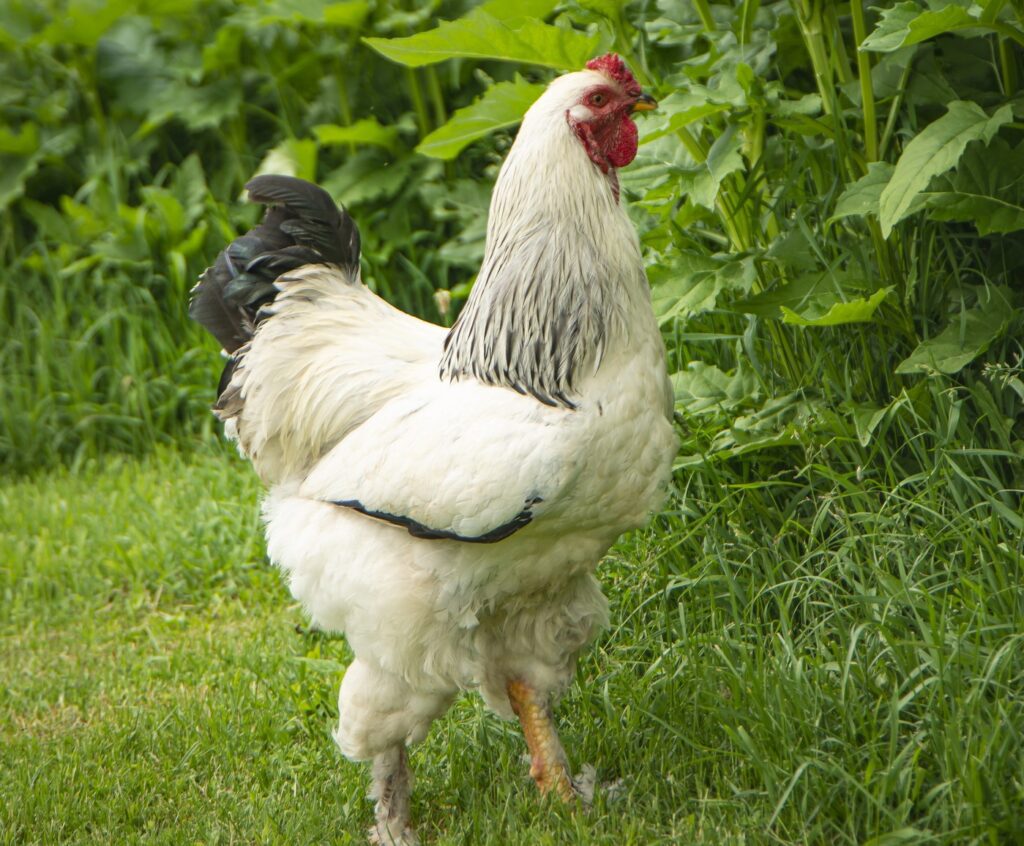
Diet
There are several commercial chicken diets available at pet stores, feed and seed stores, or online stores. Baby chicks should be on a start and grow ration for the first 20 weeks of life. Adult chickens need to be on a maintenance ration. Laying chickens require diets made for their extra protein and calcium needs. Layer diets are typically 16% protein and 3.5-5% calcium. Fresh water should be available at all times. Chickens can become dehydrated quickly. Clean food and water bowls are a must.
Many chickens love fresh produce such as corn, tomatoes, or leafy greens. Leafy greens such as lettuces (Not Iceberg), spinach, kale, and escarole make a nice supplement to a pelleted ration and can be offered regularly. Other vegetables can be offered as well but should not exceed 5% of the daily diet. Limit fruits, scratch, and dried meal worms to small amounts, as they are not nutritionally balanced foods. NEVER feed your chickens highly salted foods, chocolate, avocado, alcohol, or caffeine, as these foods can make your bird extremely sick.
Chicken feed should be stored in a cool, dry location. Make sure the container is protected from insects and rodents. The diet you purchase should be in its original bag/container and not scooped from a food bin. Do Not Feed medicated food to your chicken(s) unless directed to do so by an avian veterinarian. Use of medicated foods can produce antibiotic and/or anti-protozoal drug resistance if used improperly.
Outdoor Chickens
Building a chicken coop requires planning, space, and the proper materials. There are several online sources for layouts and building plans for a chicken coop. These 2 sources will be a good starting place: www.thehappychickencoop.com and www.mypetchicken.com are excellent sites. The materials you use should be nontoxic and sturdy to combat the types of weather in your locality. Protection from predators (dogs, cats, raccoons, hawks, coyotes, and foxes) is critical. Food and water should be placed off the ground to prevent consumption or contamination by invading insects and/or rodents. Fresh water should be provided daily. Food and water bowls should be washed out daily.
Chickens and roosters like to graze and forage for food on the ground, so be sure to keep them away for chemicals, fertilizers and small, shiny metal objects.
If you plan to have a rooster with your flock, be sure to check with your local ordinances about owning a rooster. If roosters are allowed, you typically only need 1 rooster for every 8-10 hens. Roosters are fun to watch but can be very noisy. More that one rooster on the property will usually cause territorial skirmishes to occur.
Healthcare
All chickens should be vaccinated against Marek’s Disease Virus at Day 1. A fecal analysis to check for intestinal parasites is recommended on a yearly basis. The bottoms of your chicken’s feet should be checked weekly to monthly to look for pressure sores or swellings. It is recommended to pick up each chicken or rooster weekly to check their feathers for mites or feather lice and their skin for cuts and scratches.
Since chickens will have a bowel movement every 20-40 minutes, it will be best to confine your indoor chicken(s) to areas that have flooring that does not stain and can be easily cleaned. Providing your chicken with a nesting area or a soft perch for sleeping is highly recommended. Allowing your chicken(s) outdoor time on a daily basis in a protected space is very beneficial for their well being, exercise, and exposure to UV light. Allowing 1-2 hours a day would be optimum time outdoors. Like all pets, care must be taken in temperatures over 90º and under 32º.
At Avian & Exotic Animal Hospital of Louisiana, Drs. Leslie Pence and Gregory Rich are well versed in chicken health, diseases and if needed, surgery. For emergencies and appointments, call 504-455-6386.
Recent Posts
About Avian & Exotic Animal Hospital of Louisiana
Avian & Exotic Animal Hospital of Louisiana, formally West Esplanade Veterinary Clinic, is Louisiana’s only veterinarian that provides care exclusively to avian and exotic pets. From parrots to rabbits and ferrets to a wide variety of reptiles, as well as a multitude of small mammal exotic pets, we welcome them all to our practice!

